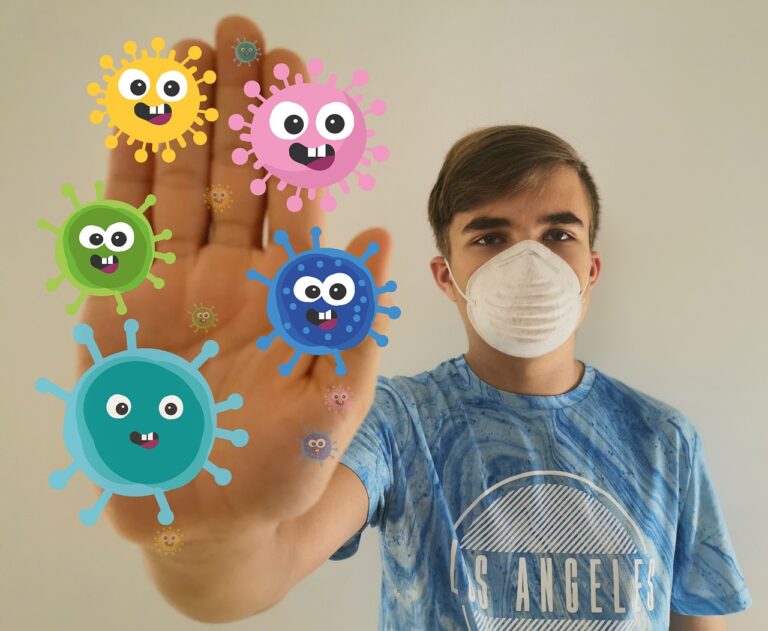Role of Medical Laboratories in Early Disease Detection Campaigns: Sky247, Gold365 login, Gold 365 site sign up
sky247, gold365 login, gold 365 site sign up: Medical laboratories play a crucial role in early disease detection campaigns. With advanced technology and skilled professionals, these laboratories play a significant part in identifying diseases in their early stages, allowing for prompt treatment and better health outcomes. Let’s explore the vital role that medical laboratories play in early disease detection campaigns.
Importance of Medical Laboratories
Medical laboratories are essential in early disease detection campaigns as they perform various tests to identify diseases in their early stages. These tests range from blood tests to imaging scans, allowing healthcare professionals to diagnose diseases accurately. Early detection of diseases such as cancer, diabetes, and cardiovascular conditions can significantly impact treatment outcomes and patient survival rates.
Types of Tests Performed in Medical Laboratories
Medical laboratories perform a wide range of tests to detect diseases early on. These tests include blood tests to check for markers of diseases, imaging scans such as X-rays, CT scans, and MRIs to visualize internal structures, and genetic testing to identify inherited conditions. By conducting these tests, medical laboratories play a crucial role in identifying diseases in their early stages when treatment is most effective.
The Role of Technology in Early Disease Detection
Technology plays a crucial role in early disease detection campaigns. Medical laboratories utilize advanced equipment and software to perform tests accurately and quickly. For example, advancements in imaging technology have made it easier to detect tumors and other abnormalities in their early stages. Similarly, genetic testing has become more accessible and affordable, allowing for the early detection of inherited conditions.
Collaboration with Healthcare Professionals
Medical laboratories work closely with healthcare professionals to ensure accurate and timely disease detection. Healthcare professionals send samples to laboratories for testing and rely on the results to make treatment decisions. By collaborating with healthcare professionals, medical laboratories play a vital role in early disease detection campaigns and contribute to improved patient outcomes.
Challenges Faced by Medical Laboratories
Despite their importance, medical laboratories face various challenges in early disease detection campaigns. These challenges include limited resources, staff shortages, and the need for continuous training to keep up with advances in technology. Additionally, financial constraints can hinder the ability of medical laboratories to invest in new equipment and software.
Future of Medical Laboratories in Early Disease Detection Campaigns
As technology continues to advance, medical laboratories will play an increasingly important role in early disease detection campaigns. With the integration of artificial intelligence and machine learning, medical laboratories can analyze data more quickly and accurately, leading to improved disease detection rates. Additionally, the development of personalized medicine will allow for targeted treatments based on individual patient profiles, further enhancing the role of medical laboratories in early disease detection.
In conclusion, medical laboratories play a vital role in early disease detection campaigns. By performing a wide range of tests, utilizing advanced technology, and collaborating with healthcare professionals, these laboratories contribute significantly to the early detection and treatment of diseases. As technology continues to advance, the role of medical laboratories in early disease detection will only increase, leading to better health outcomes for patients.
FAQs:
Q: How often should I get tested for diseases?
A: It is essential to consult with your healthcare professional to determine the appropriate testing frequency based on your medical history and risk factors.
Q: Are medical laboratory tests accurate?
A: Medical laboratory tests are highly accurate, but false-positive or false-negative results can occasionally occur. It is essential to follow up with your healthcare professional for further evaluation if you have any concerns about test results.







